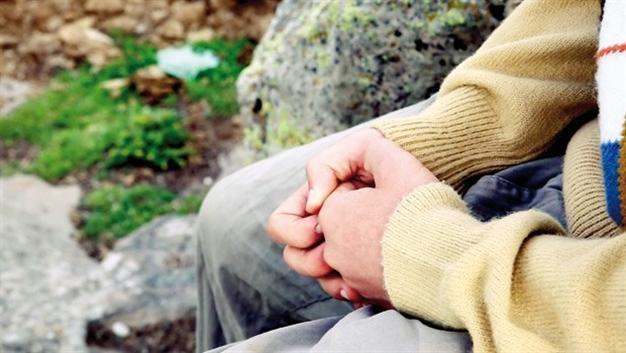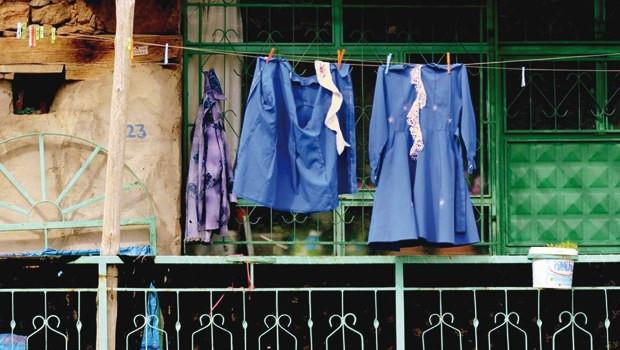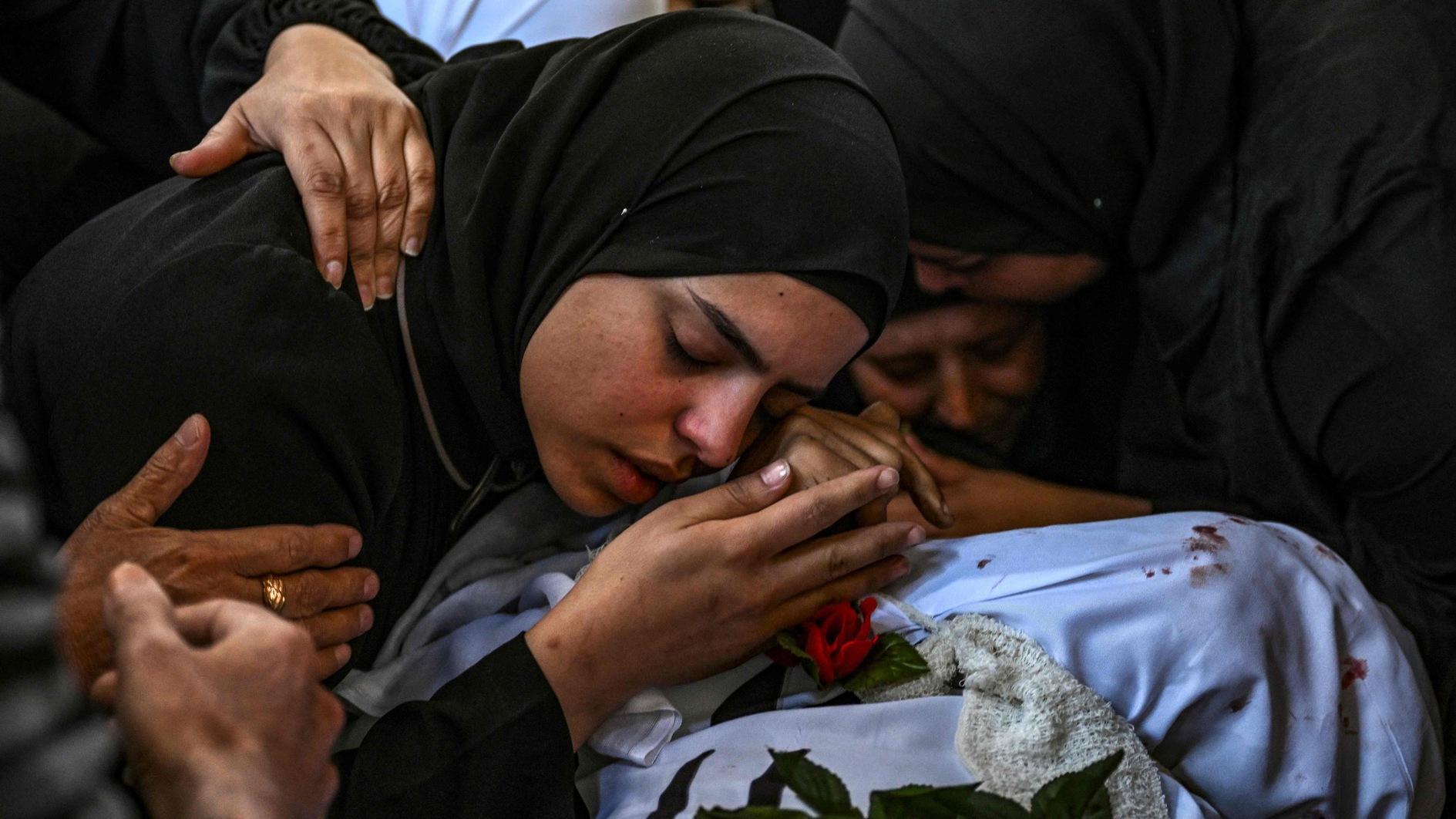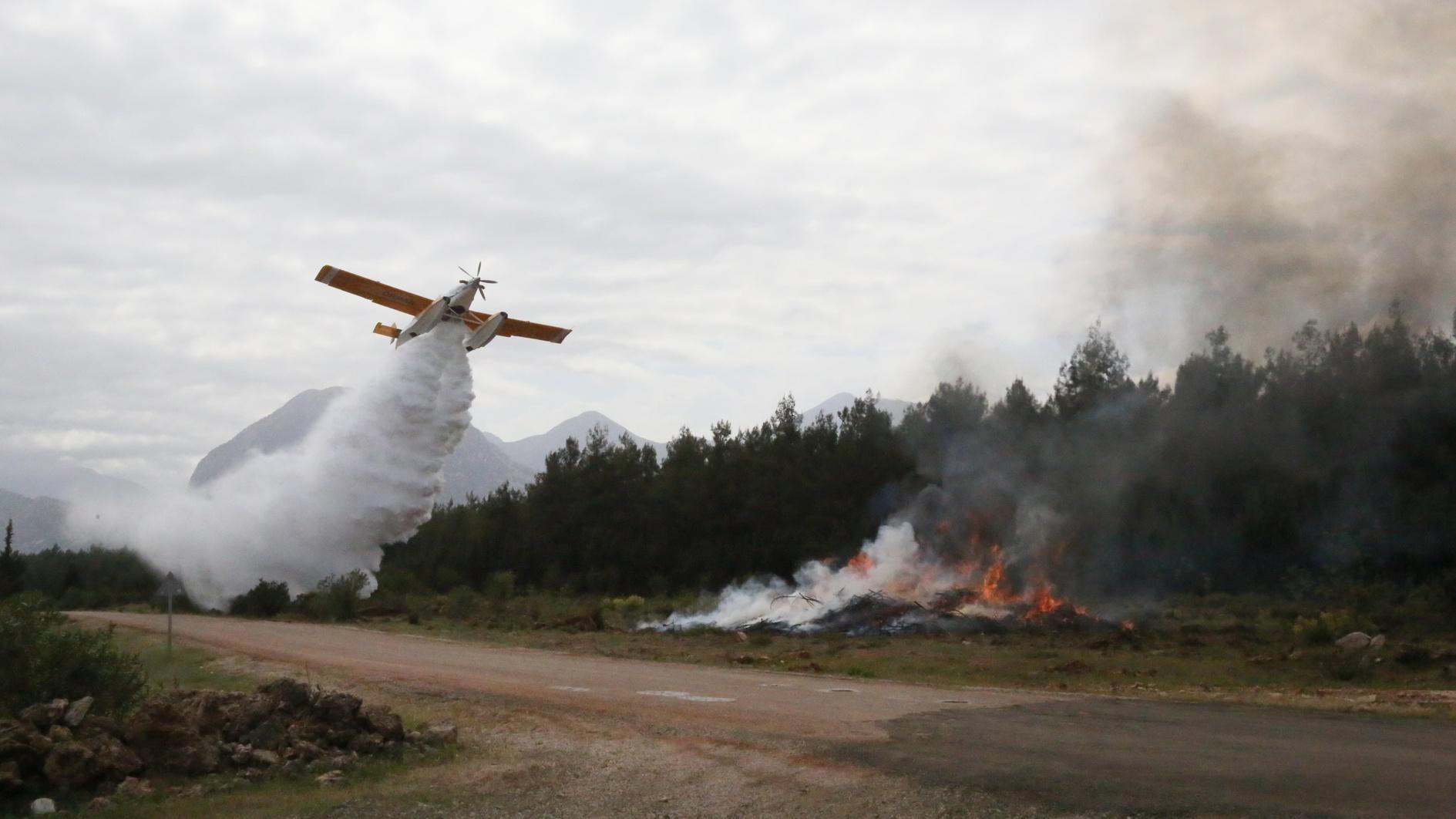Child grooms of Turkey tell their stories
Zeynep Bilgehan – ISTANBUL

In five different cities, director Muhammet Beyazdağ talked to six child grooms, while shooting only their hands.
Muhammet Beyazdağ, who won more than 10 awards last year for his documentary “Zarok” (Child), where child brides told their stories while only their hands were shown, has turned his camera to child grooms this time, whose heart-breaking stories are publicly told for the first time in his second film “Çirok” (Story).The 25-year- old director is now doing his graduate studies at Akdeniz University in the Radio, Television and Cinema Department, after earlier graduating from the same department. His film “Zarok” was actually his third grade project. However, Beyazdağ said he never regarded the film as a class project. “I am from a family who migrated from Muş to Istanbul in the 1980s because of economic reasons. Among my relatives, there are many child brides. It was a sad and disturbing topic for me; I wanted do something about it,” he said.
After a preparation period of about five months, six women agreed to tell their stories. To protect the women’s identities, only their hands were shown. Despite this, Beyazdağ said, hands tell more than faces.
This time men’s hands
While shooting the first documentary, the seeds of the second in the “hand trilogy,” were planted. “While we were shooting ‘Zarok,’ we noticed the existence of child grooms. Men are also married at an early age. It is wrong to distinguish as ‘male-female’ in child marriages. The pains suffered by child grooms are not too different than the girls, but people hesitate for a moment and ask ‘Are there child grooms, too?’ I wanted to depict child grooms after the film about child brides and raise awareness.”
Beyazdağ again reached the child grooms, both through association and through his own relatives. In five different cities, he talked to six child grooms, while shooting only their hands.
Mothers at gunpoint
Beyazdağ told the story that affected him the most: “The mother of one of them was also a child bride. While she was marrying off her daughter at an early age, she explained ‘They put a gun to our heads.’ It is wrong to blame the parents in child marriages. It is a systemic problem because the opportunity to be educated was taken from them, they passed on what they experienced in the past to future generations.”

‘First time I saw a razor’
A child groom explained: “When my father told me they would arrange a marriage for me and the daughter of this aunt, I cried the entire night until the morning. She and I were like brother and sister before. We used to play games. They made me put on my uncle’s wedding suit. Until the customary ‘groom shave,’ a razor had not touched my face. They performed a ‘hodja’ [religious] wedding. She was crying in the corner of the bedroom on the wedding night. I also went to a corner and started crying. We were like siblings. She would sleep on the bed; I would sleep on the floor. If I were not married, maybe I would have gone to university.”
To help the mother-in-law
“When daughters are married, the mother is left alone in the house. To have someone to help her, they marry the remaining single boy at home. There is the sadness of them not having been able to experience childhood. They are taken away from their schools,” Beyazdağ says.
When asked about the reason why child grooms are not mentioned often, Beyazdağ answered: “First, they are not as widespread as child brides. Besides, the situation of women is already like a bleeding wound in our society. Because they are also subject to violence, the drama is increased. The men are tougher and harder, but for both of them, their lives are darkened as a child. They have to become individuals before becoming a child, and then they have to become parents.”
















